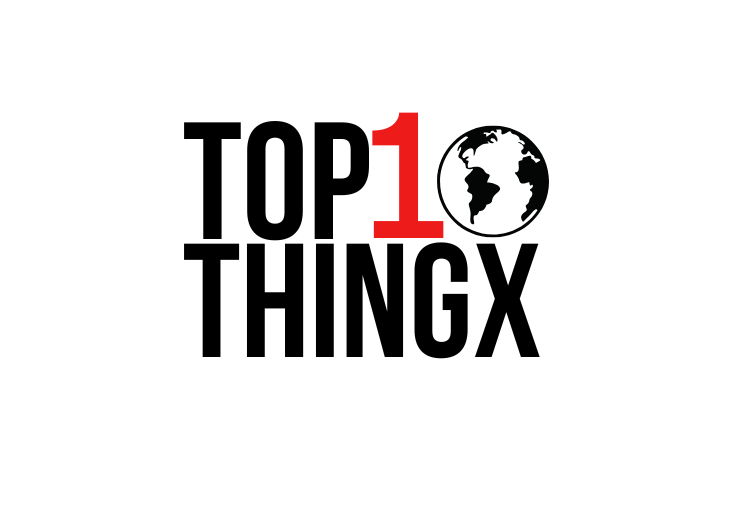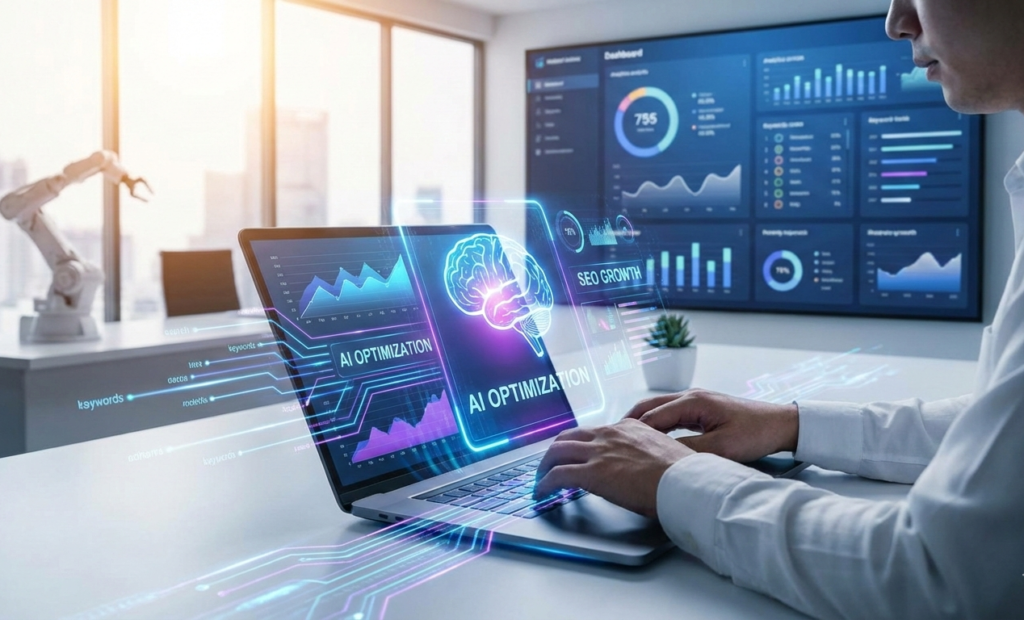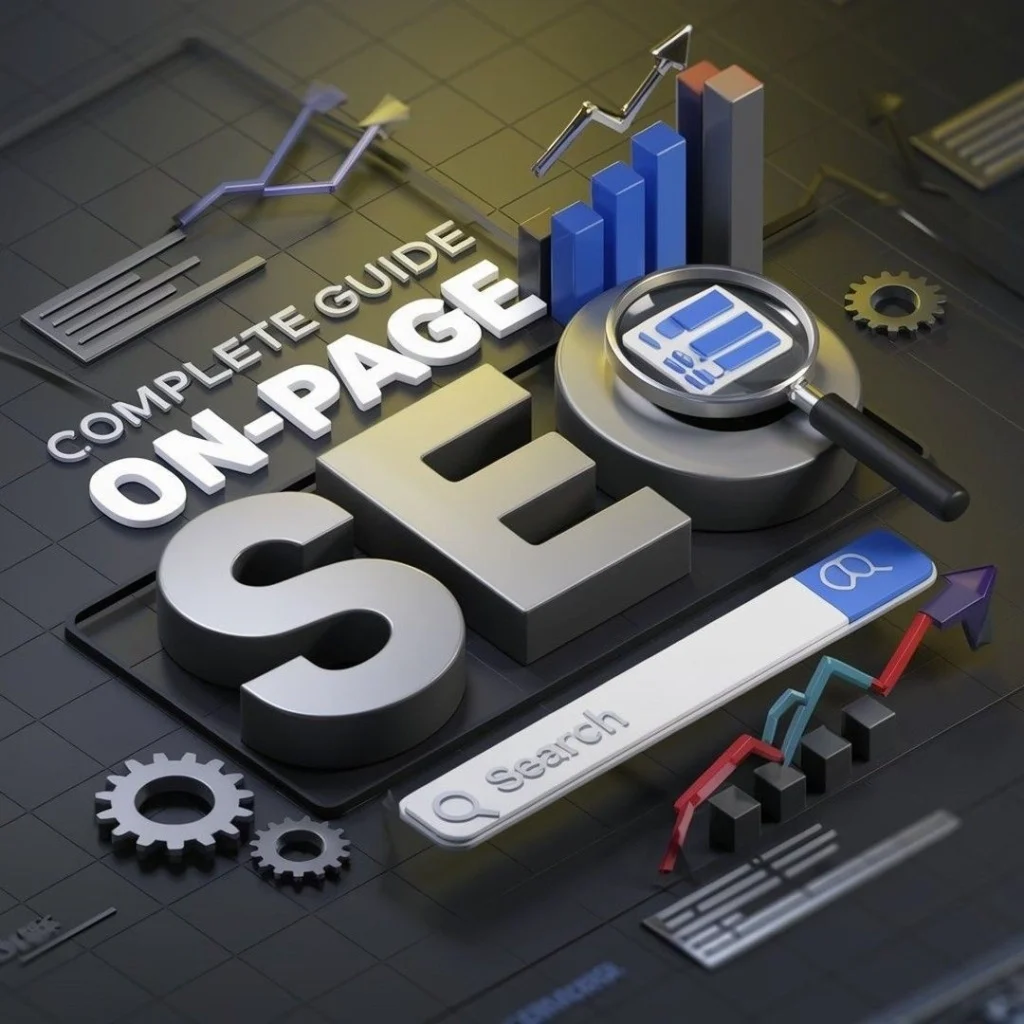Top AI Tools for Content Creation Every Marketer Should Know
Content creation has changed rapidly over the last few years. Marketers are expected to produce blogs, social posts, emails, ads, and landing pages faster than ever—without sacrificing quality. This is where AI tools for content creation have become essential. Instead of replacing creativity, these tools help marketers work smarter, save time, and stay consistent across channels. At their core, AI tools analyze large amounts of data to support AI content generation, idea development, and writing assistance. From drafting blog outlines to refining tone and optimizing for search engines, AI writing tools now play a major role in modern marketing workflows. For marketers, the real value lies in efficiency. AI tools for digital marketing can reduce repetitive work, spark ideas during creative blocks, and help teams scale content without burning out. Used correctly, AI becomes a supportive partner—not a shortcut to low-quality content. Key Points / Benefits of AI Content Tools Save time on drafting and editing content Improve consistency in brand tone and messaging Support SEO-focused content creation Help scale blogs, ads, and social content Reduce creative fatigue for marketing teams Assist with research, summaries, and ideas The best AI tools for content creation are flexible, easy to use, and adaptable to different marketing goals. Whether you’re a solo creator or part of a larger team, AI can help you focus more on strategy and creativity while automating time-consuming tasks. How Marketers Use AI Tools for Digital Marketing Success AI tools are not one-size-fits-all. Different tools serve different purposes across the content lifecycle—from ideation to publishing. Understanding how marketers use AI in real workflows helps you choose the right tools for your needs. AI Writing Tools for Blogs and Long-Form Content One of the most common uses of AI is blog writing. AI writing tools can help generate outlines, draft sections, suggest headlines, and even improve readability. Marketers often use AI to speed up first drafts, then edit and refine the content to add expertise, personality, and brand voice. This approach makes AI content generation more human and effective. Instead of starting from a blank page, writers start with structure and ideas, saving time while maintaining quality. AI Tools for Social Media and Ads Creating short-form content at scale can be exhausting. AI tools for digital marketing are especially helpful for social media captions, ad copy, and product descriptions. They can generate multiple variations quickly, allowing marketers to test what works best without rewriting everything from scratch. These tools are also useful for repurposing content—turning blog posts into social captions, email snippets, or ad headlines. AI for SEO and Content Optimization SEO plays a major role in content success. Many AI tools now support keyword research, on-page optimization, and content suggestions based on search intent. This helps marketers align content with what people are actually searching for, improving visibility and performance. When used responsibly, AI helps optimize content without keyword stuffing or sacrificing readability. AI for Planning and Strategy Beyond writing, AI tools assist with planning. Marketers use them to brainstorm topics, analyze trends, summarize research, and even map out content calendars. This strategic use of AI supports long-term planning rather than just short-term output. Choosing the Best AI Tools for Content Creation The best tool depends on your goals. Some marketers need strong AI writing tools for blogs, while others focus on social media or SEO. Look for tools that: Allow customization of tone and style Support collaboration and editing Integrate with existing marketing tools Offer control, not full automation It’s important to remember that AI works best when guided by human input. Clear prompts, thoughtful editing, and real expertise turn AI-generated drafts into high-quality content. Avoiding Over-Reliance on AI While AI tools are powerful, they should not replace human creativity or judgment. Search engines and readers value authenticity, experience, and original insight. The most successful marketers use AI as a support system, not a replacement. Adding personal examples, brand stories, and expert opinions ensures content feels real and trustworthy. This balance is what separates effective AI-assisted content from generic output. Final Thoughts AI tools for content creation are no longer optional for marketers—they’re becoming a standard part of the workflow. From AI writing tools to SEO optimization and social media support, these tools help marketers create more content with less stress. The key is using AI thoughtfully. When combined with human creativity, strategy, and editing, the best AI tools for content creation can elevate your marketing efforts, not dilute them. As digital marketing continues to evolve, marketers who learn how to work with AI—rather than against it—will stay ahead, create better content, and build stronger connections with their audience.










